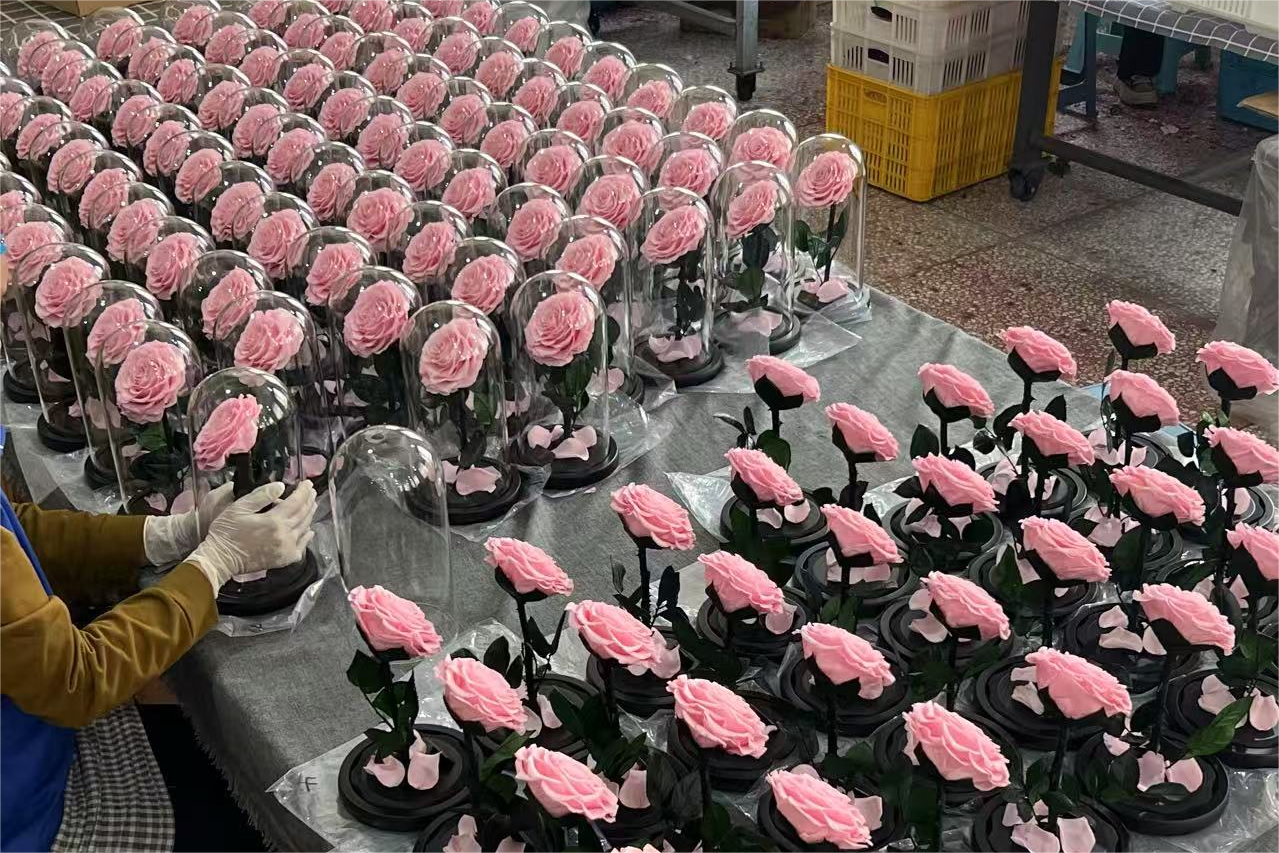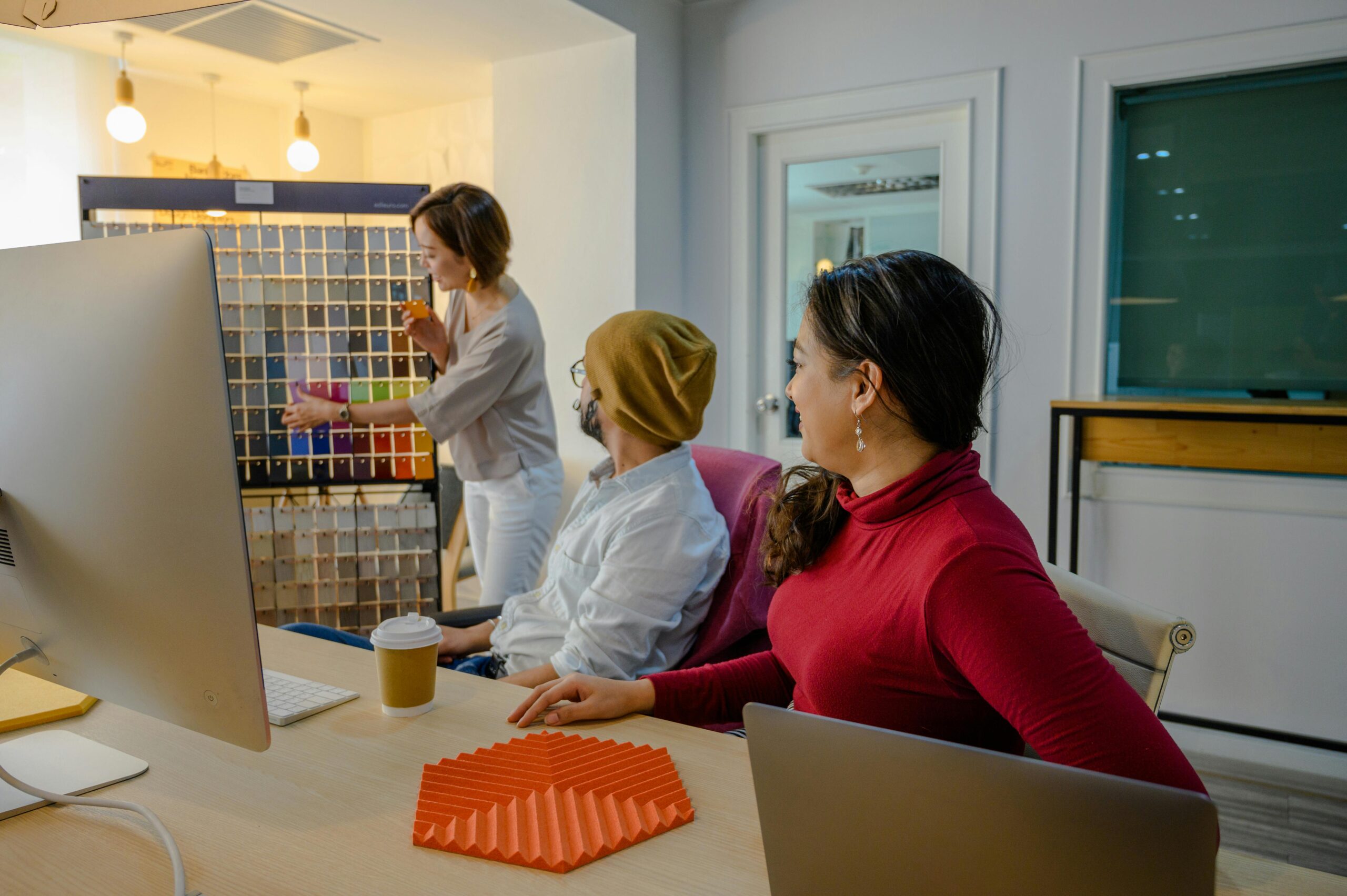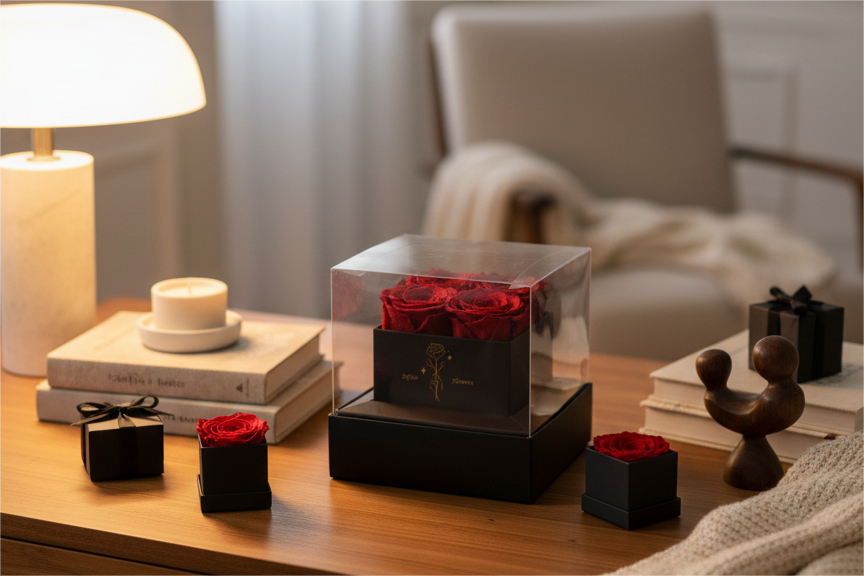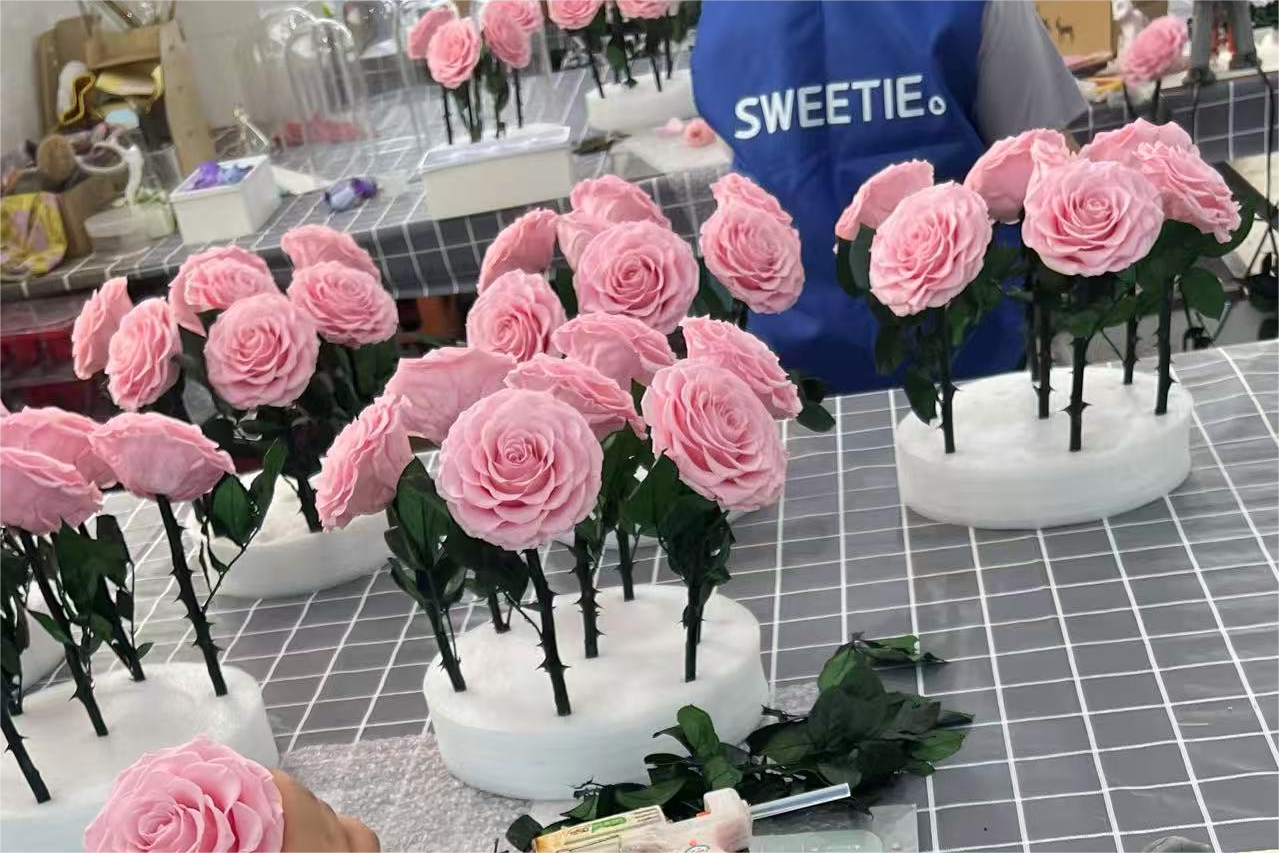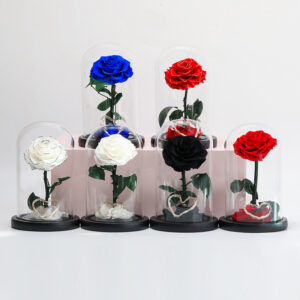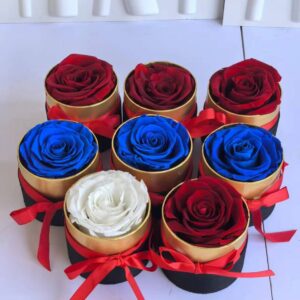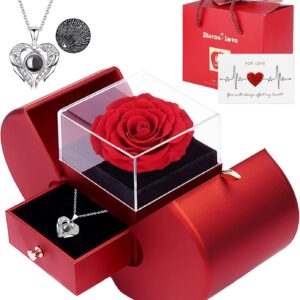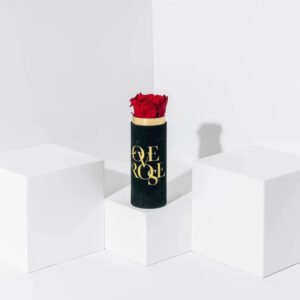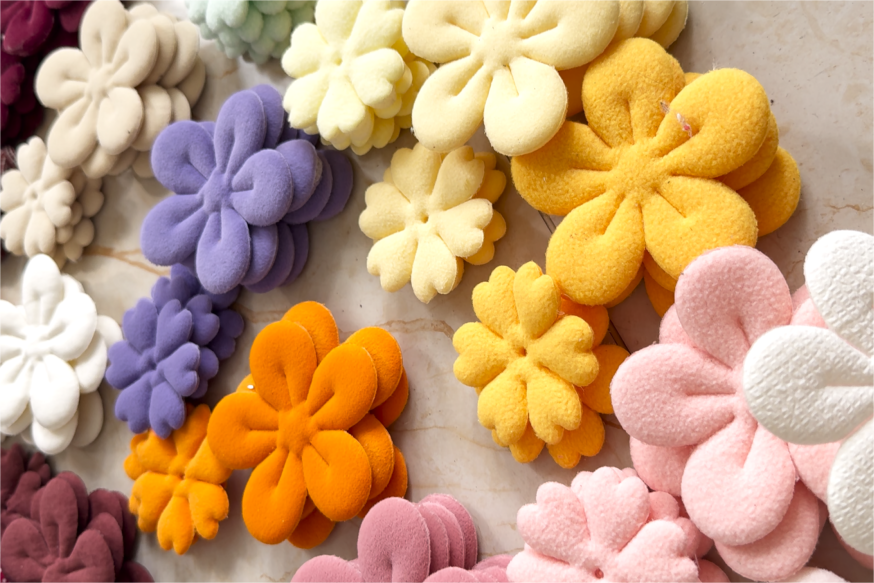
Every year, more retailers in the United States and Europe ask us the same question when planning their seasonal gift lines: What is the real difference between plush flowers, fabric flowers, and artificial flowers, and how do I decide which type fits my business?
The short answer is that each material carries its own visual identity, emotional value, durability profile, and commercial purpose. The longer answer requires a bit more context, especially for teams preparing product development cycles, custom packaging projects, or private label collections.
This guide explains the differences in a practical way, using insights from Sweetie Gifts’ work with global retailers, boutique brands, and large distributors.
Why These Three Flower Types Are Gaining Global Attention
As gifting culture evolves, consumers are becoming more selective about texture, craftsmanship, and emotional connection. Plush flowers and fabric flowers are gaining momentum because they bring a warm and handcrafted feel that traditional plastic artificial flowers cannot match.
At the same time, artificial flowers still hold significant market share in supermarkets and seasonal displays due to volume efficiency. Understanding how these materials differ will help you make smarter sourcing decisions.
If you need help choosing the right flower type for your market, feel free to reach us at inquiry@sweetie-group.com.
What Defines Plush Flowers
Plush flowers are soft, tactile, and often handmade. They are crafted from plush textile material with internal filling, giving them a cozy, expressive quality. They appeal strongly to younger demographics and social media shoppers who want gifts that feel uplifting and memorable.
Retailers use plush flowers in lifestyle stores, gift shops, and curated collections. They work well as standalone products or paired with accessories, small gifts, or special packaging. For brands that want a friendly and approachable identity, plush flowers are an ideal match.
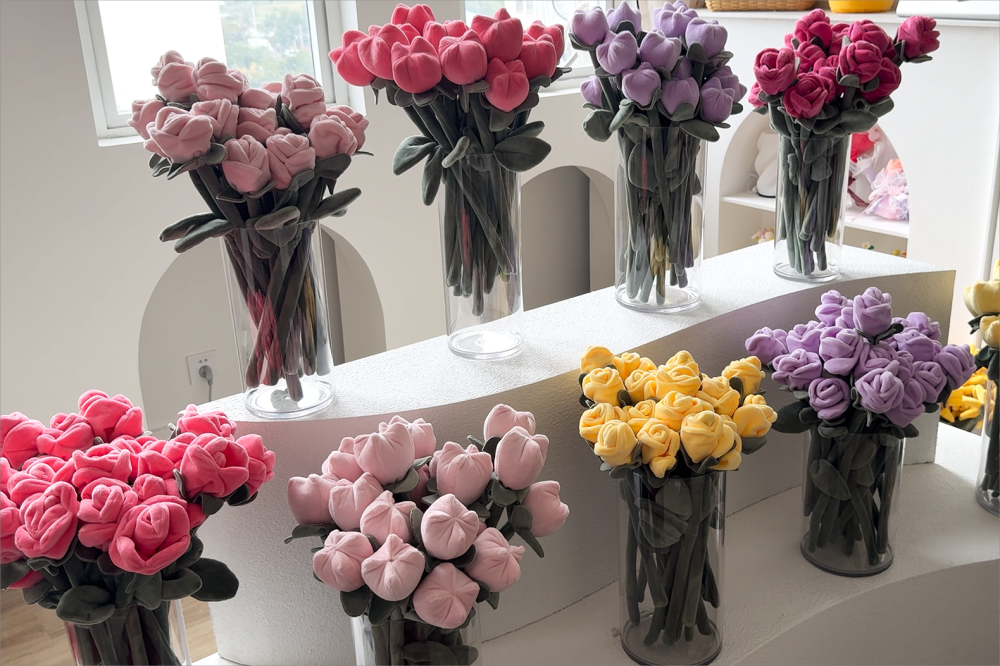
What Defines Fabric Flowers
Fabric flowers are made from textile materials such as cotton, polyester, or silk-like fibers. Unlike plush flowers, they are typically chosen for their refined appearance rather than their softness.
fabric flowers are widely adopted across several categories, including: home décor and table styling, wedding aisles, event backgrounds, craft markets and decorative accessories. Their natural movement, elegant texture, and ability to match interior aesthetics make them a popular choice for design-driven retail environments.
What Defines Artificial Flowers
Artificial flowers are usually made from plastic or resin. They are durable, cost effective, and resistant to environmental changes. These characteristics make them suitable for supermarkets, outdoor events, floral installations, and high volume promotional campaigns.
However, artificial flowers are less expressive in texture and often lack the emotional value that plush and fabric flowers naturally create. Their appearance can be realistic, but the material is more rigid and visually uniform.
Sweetie Gifts does not manufacture plastic based artificial flowers, but many buyers ask us to explain how they compare to plush and fabric designs. The comparison helps purchasing teams understand which style is the best fit for their target market. If you are planning a new collection and want expert guidance, email us at inquiry@sweetie-group.com.
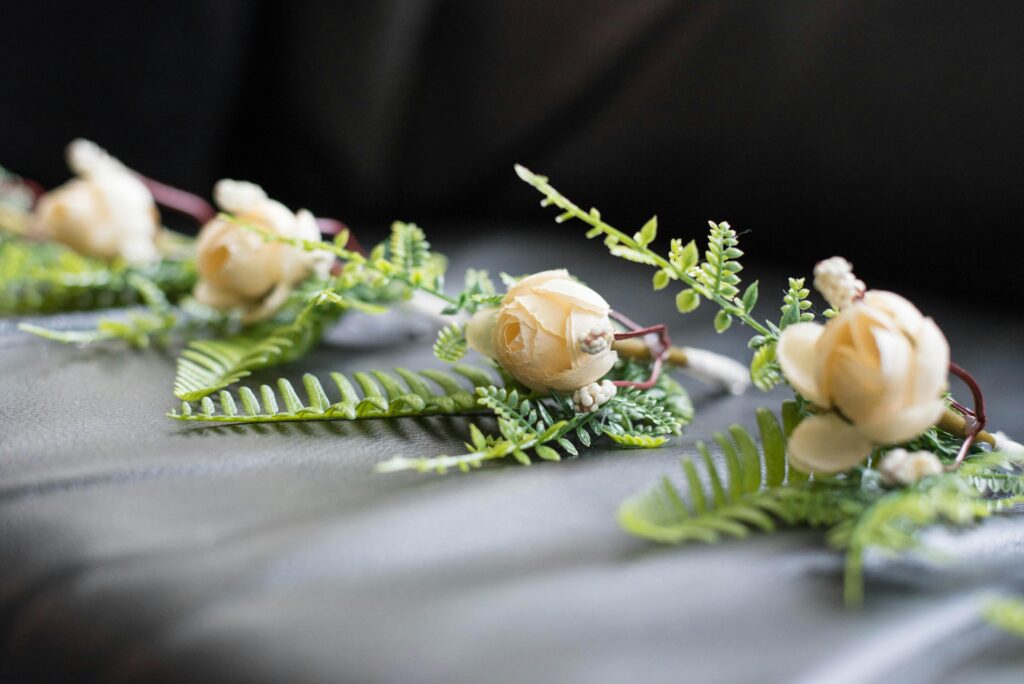
Key Differences That Matter to Retail Buyers
Below is a practical comparison that summarizes what most sourcing teams evaluate when preparing seasonal collections.
| Criterion | Plush Flowers | Fabric Flowers | Artificial Flowers |
|---|---|---|---|
| Material | Soft plush textile | Cotton, silk-like, or polyester textile | Plastic or resin |
| Visual Style | Playful and expressive | Elegant, textured, interior-friendly | Practical and uniform |
| Durability | Indoor use | High | Very high |
| Customization | Very flexible | Color and shape adjustable | Limited |
| Best Uses | Gift sets, lifestyle retail | Home décor, displays, events, DIY | Mass retail, large-scale décor |
| Sustainability | Recycled plush available | Biodegradable textiles possible | Limited options |
Plush flowers focus on emotional impact.
Fabric flowers focus on aesthetic refinement.
Artificial flowers focus on cost efficiency and durability.
Each category answers a different retail need. For product suggestions or sample requests, contact our team any time at inquiry@sweetie-group.com.
Practical Guidance for Choosing the Right Material
When guiding clients, we often break the decision-making process into four questions:
- Who is your primary customer
Younger, trend-driven audiences respond strongly to plush flowers.
Shoppers focused on home décor or design appreciate fabric flowers.
Cost-conscious buyers or high-traffic retailers often use artificial flowers. - What message do you want the product to express
Plush conveys warmth.
Fabric conveys elegance.
Artificial conveys function and consistency. - Where will the product be used
Plush and fabric flowers work best indoors or in curated retail displays.
Artificial flowers withstand humidity, sunlight, and high traffic. - How much customization do you need
Plush and fabric options allow flexible color matching, styling, and packaging.
Artificial flowers are more standardized due to molding requirements.
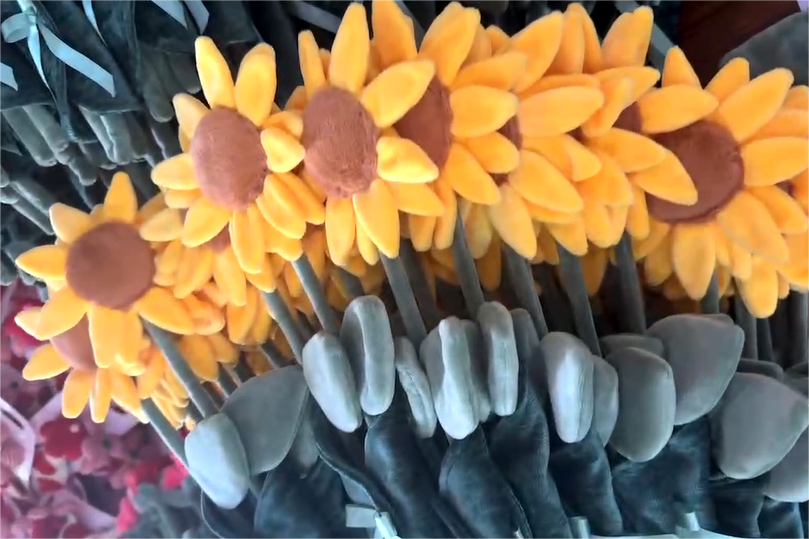
Market Observations and Consumer Behavior Trends
Soft, textured, and handcrafted aesthetics are steadily gaining popularity in Western retail. Plush flowers often appear in curated concept stores and influencer-led gift guides because they feel uplifting and memorable.
Fabric flowers continue to be a strong choice for interior styling, weddings, events, and photography due to their flexible design and natural appearance. Their ability to complement furniture, fabrics, and décor themes makes them highly versatile.
Artificial flowers still hold a large share in supermarkets and seasonal setups where practicality matters most. However, many retailers now mix them with plush or fabric elements to create displays that feel more expressive and contemporary.
Frequently Asked Questions
Do plush flowers last well on display
Yes. They maintain their shape when kept dry and indoors.
Can fabric flowers be customized
Yes. Textile flowers can be color matched and adapted to different visual themes.
Which material is more environmentally friendly
Plush and fabric flowers offer more sustainable material options compared to plastic artificial flowers.
If Your Brand Is Considering Plush or Fabric Flowers
Sweetie Gifts specializes in plush & fabric flower development and customized gift set solutions for global retailers. If you would like advice on which flower type aligns with your brand, your demographic, or your seasonal calendar, you can reach our team directly.
Contact: inquiry@sweetie-group.com
We can provide concept sketches, samples, packaging suggestions, and tailored recommendations based on your market positioning.

Annie Zhang, CEO of Sweetie-Group

